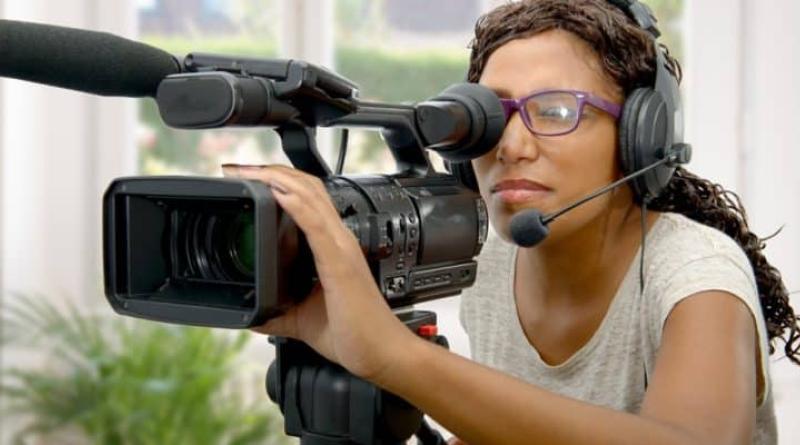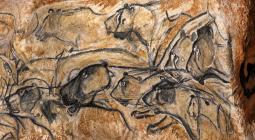AFRICA: how do the media contribute to the ecological transition?

Indeed, it is only during the last decade that African media have really started to take an interest in these subjects, but with often controversial approaches. This is the case for the majority of audiovisual editorial offices which, for financial reasons, are forced to broadcast commercial content going against their desire to contribute to the ecological transition. Concretely, we end an evening news with a story on alarming pollution peaks in a region, but then we broadcast an advertising spot which promotes fossil fuels. Worse still, the publication of a company press release in a weekly tabloid with a view to recruiting young people to deforest hectares of land for the benefit of cocoa cultivation.
What can we say about those who claim to contribute to the implementation of SDG13 on climate change without however making the difference between cyclone and coastal erosion, energy mix and electricity mix, CO 2 emissions and carbon dioxide emissions? greenhouse(GHG), sustainable urbanization and sustainable urban planning, to name just these terms. A radio presenter went further in this type of confusion by indicating that an African city had become a “Smart City” (a territory where technologies make daily life easier, Editor’s note) because dozens of green spaces had been created there. .
Obstacles to the media coverage of ecology
All this simply reflects a low specialization in the media sphere in Africa. In the same way that there are very few radio, television, written or online newspapers devoted exclusively to the environment, there are also very few journalists dedicated to the same cause in all general media. existing. This is also the reason why AFRIK 21 was created in 2018 to impose a pan-African and bilingual vision of sustainable development with a team of dynamic young professionals open to the world.
To return to the precarious media treatment of the ecological transition observed in traditional media in Africa, it is important to note some obstacles of external origin. Note for example the censorship of public authorities who sometimes prevent television cameras from filming these state schools, built in the middle of swamps in violation of their own environmental legislation. There is also the control of multinationals, in particular large industrial groups, which put pressure on editorialists so that they avoid headlines, for example, on “food waste by large retail brands”.
Some solutions to consider
However, there are some avenues allowing the African media to fulfill their role as educator and forum in terms of people's resilience. Among them is the increase in budgets for covering environmental topics (natural disasters, among others). The specialization of some journalists from general media so that they are adept at using technical terms (the jargon of ecological transition), in the casting (choice of profiles) of their panelists and even in the creation of new relevant sections on ecology.
Audiovisual producers should also use more sophisticated equipment and reduce the timings of their programs in order to make them more interesting and at the same time lead by example in terms of reducing energy consumption. Also, the dissociation of editorial and commercial teams is essential to avoid “greenwashing” and the rise of climate skepticism. But all these elements will be in vain if States do not strengthen press freedom which is essential for a successful ecological transition.




